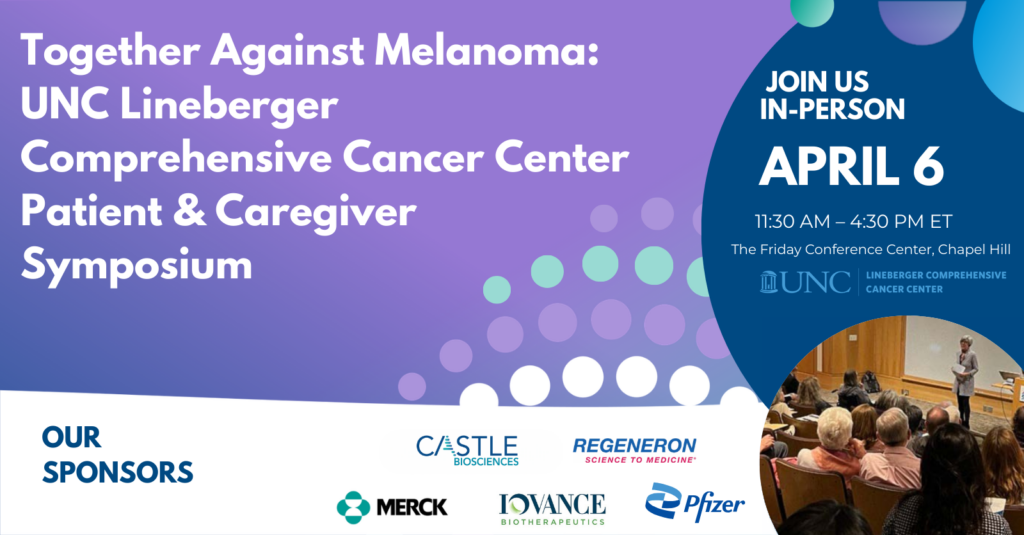
Surveillance and Survivorship in Sentinel Lymph No...
Kelsey Montgomery’s Abstract Melanoma, an aggressive skin cancer, can spread cancer cells to nearby lymph nodes. When removing a melanoma, surgeons will often also re...

Kelsey Montgomery’s Abstract Melanoma, an aggressive skin cancer, can spread cancer cells to nearby lymph nodes. When removing a melanoma, surgeons will often also re...

Afsaneh Amouzegar’s Abstract Melanoma is the most aggressive form of skin cancer. One of the most common and devastating complications of melanoma is the spread of ca...

Urvashi Joshi’s Abstract Melanoma is the fifth most common cancer in the U.S. Melanoma is an important public health concern and has a rising number of new cases and ...

Milad Ibrahim’s Abstract Melanoma can be classified according to TCGA into 4 genetic subtypes: BRAF, NRAS, NF1 mutants or triple wild type. A lot of research focused ...

Pietro Berico’s Abstract Prolonged sun exposure combined with other multi-factorial cues can transform skin’s melanocytes into melanoma cells characterized by uncon...

Weili Ma’s Abstract When cancer cells metastasize to the brain, the diagnosis becomes terminal. In melanoma brain metastasis, patients are only given months to live. ...

Elena Ezhkova’s Abstract Melanoma is an aggressive type of skin cancer with a low survival rate when it metastasizes. Melanoma originates mainly in sun-exposed areas,...

Kazuko Nishikura’s Abstract The phenomenon of “RNA editing” is a relatively recent discovery with exciting implications. RNA editing is a process that modifies th...

Korbinian Kropp’s Abstract A major reason that T cell-based melanoma immunotherapies can fail, either initially or after a period of treatment, is due to mutations th...

Sarwish Rafiq’s Abstract Metastatic melanoma is one of the most aggressive, and complex cancers with a 35% 5-year survival rate. Therapies using T cells that are gene...

Prashanthi Dharanipragada’s Abstract For decades, cancer initiation and progression are thought to occur gradually through small mutational changes in its DNA. After ...

SMR Young Investigator Award – Vito Rebecca, PhD


Apr 06, 2026 ET

Apr 17, 2026 ET - Apr 19, 2026

